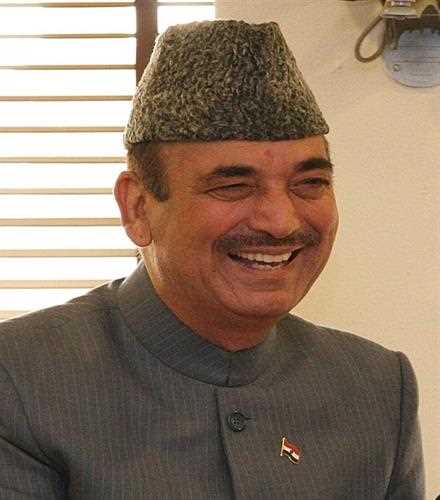
Azad had been associated with the Indian National Congress party for several decades, and was considered a senior leader within the party. He had served as the Leader of Opposition in the Rajya Sabha, the upper house of the Indian Parliament, between 2014 and 2021. From 2005 to 2008, he held the position of Chief Minister in the former state of Jammu and Kashmir.
Azad's decision to form his own political party came as a surprise to many, as he had been associated with the Congress party for most of his political career. However, there were rumors of differences between Azad and the Congress leadership, particularly after the party's poor performance in the 2019 general elections.
The Democratic Progressive Azad Party is expected to focus on issues such as social justice, economic development, and good governance. Azad has indicated that his party will be a secular and inclusive platform that will cater to the needs and aspirations of all sections of society.
The formation of Azad's new party is likely to have an impact on the political landscape of Jammu and Kashmir, where the Congress has traditionally been one of the major political players. Azad's party is expected to appeal to a wide range of voters in the region, including those who may have been disenchanted with the Congress and other established parties.
Azad's decision to form his own party is also likely to have implications for national politics, as he is considered a prominent leader in the Indian political scene. His party is expected to attract support from across the country, particularly from those who are looking for a new political alternative.
In conclusion, Ghulam Nabi Azad's new political party is called the Democratic Progressive Azad Party. The party is expected to focus on issues such as social justice, economic development, and good governance, and is likely to have a significant impact on the political landscape of Jammu and Kashmir as well as national politics in India.